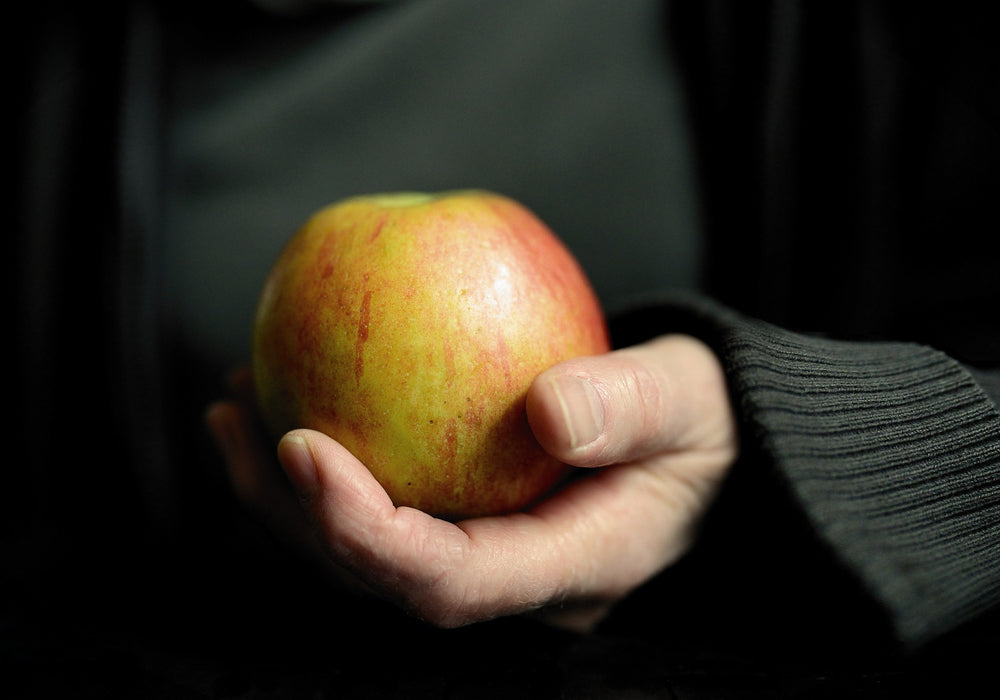With the beginning of Lent, the question arises again and again which fasting method is the right one. One thing in advance - there is no right or wrong, but rather what is good for me and which method makes me feel best. Saint Charles pharmacist Susanne Hofmann gives an overview of interval fasting methods and explains the benefits for our bodies.
How does Intermittent Fasting work?
One of the many methods is called interval fasting or intermittent fasting. Here we reprogram our body's biochemistry and the metabolism is improved. Intermittent fasting is seen as a permanent diet and is not primarily considered a form of dieting. The health aspect for the prevention of diabetes development or cardiovascular diseases is in the foreground of this dietary method.
The decisive factor in all the different Intermittent Fasting methods is TIME, or rather, the time span between meals !
Autophagy - Intermittent fasting cleanses the cells
The positive effect of intermittent fasting is autophagy. This is the cleaning and degradation process of the cell. Defective or non-functional components of the cell are removed from the body through this process. This is the "rubbish disposal" of our cells. Autophagy in our body is mainly forced by food abstinence. Thus, the cells of the organs are forced to fall back on their own reserves. But not only the body's own substances are disposed of in this way, also infectious agents are blocked and disposed of.
What are the positive effects of Intermittent Fasting?
A positive side effect of intermittent fasting is certainly a certain weight reduction. The longer breaks between meals encourage the body to use its energy reserves. First the glycogen, the sugar stored in the liver and muscles, and then the fat reserves are mobilised and utilised.
Different types of Intermittent Fasting
Probably the best-known method is 16:8 fasting. This involves abstaining from food for 16 hours and only eating during the remaining 8 hours. The advantage of this is that the 16 hours of abstinence can be completely individualised.
Another method is to plan 2 fasting days per week. With this form of interval fasting, normal food is eaten on five days a week. On these days you can eat to your heart's content. Nutritionists recommend, however, that a balanced diet be maintained on the "eating days". The stamina should be increased by the less strict guidelines on the remaining days. If you find it difficult to eat nothing at all on both fasting days, you can also eat "less" on these days, but you should not eat more than 500-650 kcal. Vegetables and whole grains such as brown rice or oatmeal are allowed, as well as protein-rich foods and plenty of fluids.
If you have any further questions about Intermittent Fasting, our pharmacists at the Vienna and Berlin Pharmacy will be happy to advise you. Further articles on the subject of fasting can be found here.







